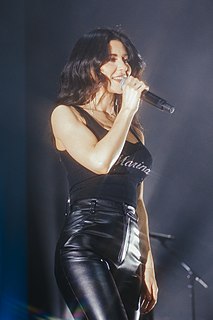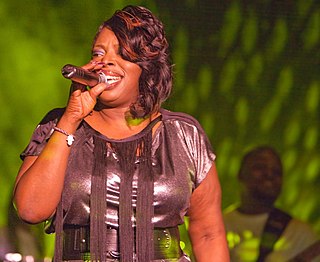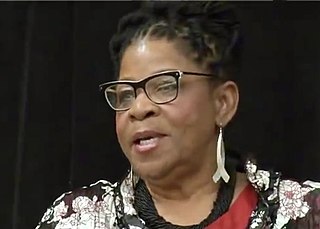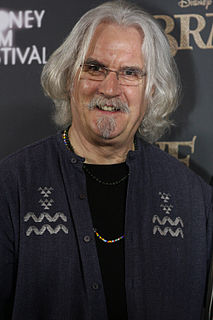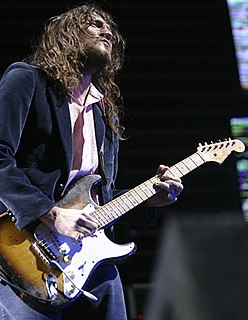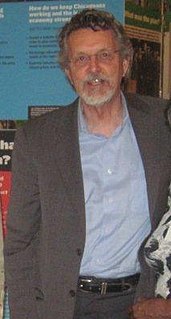A Quote by Sucheta Dalal
Even in downtown office areas, people would probably beg for a shuttle bus service to ferry them swiftly to the railway stations and bus stations, instead of forcing them to travel squashed up in shared-taxis.
Related Quotes
If you go to go to countries in Europe or Asia or even Canada, even with all the Internet and cable TV and satellite, public systems tend to be the most popular stations in the countries. In some countries like Norway and Germany, public stations are, if anything, more popular than ever as people see what Rupert Murdoch's got in store for them in the commercial stations.
I hate repetition. Even when I am home and have to buy milk, I go a different way each time to avoid having a habit of anything. Habits are really bad. So to me it is really important to live in what I call the spaces in-between. Bus stations, trains, taxis or waiting rooms in airports are the best places because you are open to destiny, you are open to everything and anything can happen.
There were colored and white waiting rooms everywhere, from doctor's offices to the bus stations, as people may already know. But there were actually colored windows at the post office in, for example, Pensacola, Florida. And there were white and colored telephone booths in Oklahoma. And there were separate windows where white people and black people would go to get their license plates in Indianola, Mississippi. And there were even separate tellers to make your deposits at the First National Bank in Atlanta.
We've concocted a system where local trips take an auto. That's our biggest tragedy. Streetcars, such as those used in Portland's Pearl District, and elevated people movers, like those in downtown Miami, are moving people from rail stations to their final destinations. But a new concept, PRT, may help revolutionize urban transportation, providing a cost-effective way to get people from train stations to where they need to go.
As the bus slowed down at the crowded bus stop, the Pakistani bus conductor leaned from the platform and called out, "Six only!" The bus stopped. He counted on six passengers, rang the bell, and then, as the bus moved off, called to those left behind: "So sorry, plenty of room in my heart - but the bus is full." He left behind a row of smiling faces. It's not what you do, it's the way that you do it.

